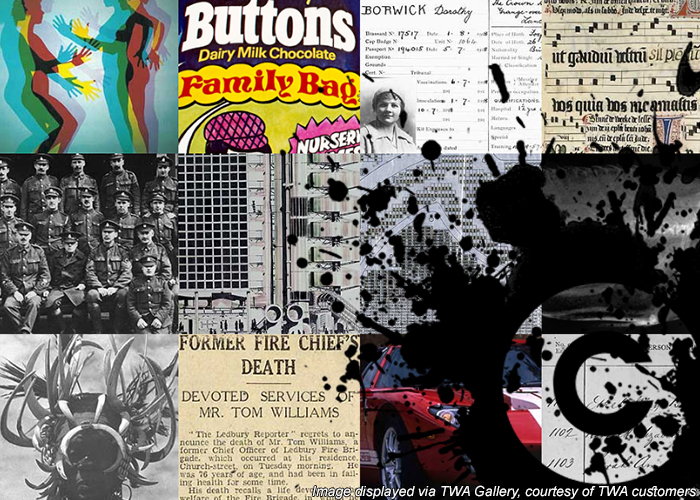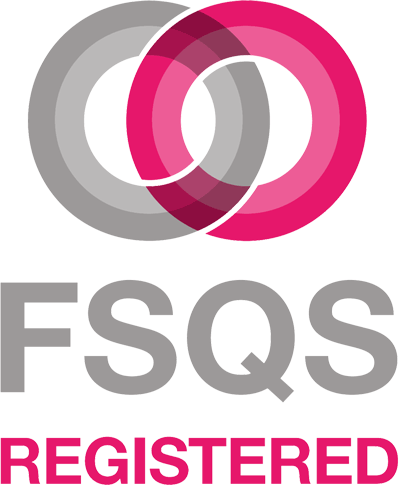If the ultimate aim of your cultural heritage digitisation project is to make the digitised records and images in your collection accessible online, then rights management is likely a key consideration.
This is because you may not necessarily own all the rights for the items in your collections, even if you legally own them and/or they have been deposited with your institution.
For example, the copyright in any letters which may form part of your archive will normally belong to the author of the letter, rather than the recipient. Similarly, collections of papers you have been gifted may include a diverse range of items, created by different people.
Even if the owner of these letters transferred copyright to your organisation when the items were deposited with you, they would only have been able to assign copyright in the items they created and/or they have legal title to, such as those that were created by a family member etc.
Copyright negotiation tips for digitised collections
For items and records for which your institution doesn’t own copyright, negotiating agreements with rights holders for using digitised images online will therefore be a central feature of your digitisation project if the ultimate aim is online access to the collections. This means that basic contract literacy will be central to the rights management strand of your project.
Of course, a detailed understanding of contracts and contract law is not an essential requirement for sensible use of contracts. But common sense, strength in your convictions, and confidence to secure the best deal for your organisation – will put you in good stead. Certainly, a clear negotiating strategy is likely to save you time, money and give you the best chance of a good outcome.
Below I’ve included some important negotiation tips you might consider:
- Always try and use your own agreements rather than those of a third party. Best to develop your copyright agreement which you can also use to try and secure other rights for your organisation.
- Make sure you are familiar with your budgetary constraints and communicate these clearly. Be bold in your price negotiations and don’t be intimidated to talk about money and cost.
- Clearly articulate who you are, your aims and the context of your use, particularly if you are not-for-profit, carrying out activities for non-commercial purposes etc. This might be in the form of a covering letter, email and/or verbal communication with potential rights holders.
- Familiarise yourself with the other party and what their aims and objectives are and try and pitch your request accordingly. Don’t use overly legalistic language specifically if you are trying to ask permission from non-corporate rights holders and/or individuals.
- If you feel that you are being asked to compromise or give too much, walk away and reconsider your position.
- Leave yourself plenty of time to negotiate rights – build it into project management and budget management.
- Make sure that you stipulate what happens when the licence has expired. If you are HLF, you will need to negotiate permissions under the terms of a Creative Commons Attribution Non Commercial Licence – which is permissions in perpetuity.
- Never promise to do something to which you cannot comply.
- If you have to use someone else’s agreement: read the contract carefully, if you don’t understand something, try and get further advice.
- The inclusion of terms such as “in perpetuity” or “world-wide” rights can cost more money and these maybe more rights than you need, particularly if you are self-funded and/or are not in receipt of HLF or similar funding.
- Try and group all the rights that you need for your organisation into one request instead of constantly going back to re-negotiate. The effort taken in co-ordinating efforts will strengthen your hand with the rights holder and also enable you to be more efficient in your organisation’s rights clearance efforts – potentially saving money in the long run.
- Try and reassure the other party that you will try to protect and manage their rights (particularly in the digital environment), but be realistic in terms of what you actually can do.
- Where appropriate, make sure that students, staff and any funding parties, or third parties with whom you have a relationship, are also covered for their use of the material within the licensing agreement. This is particularly important if you are an HLF funded digitisation project.
- Establish a suitable strategy for any orphan works (works in copyright where the rights holders are either unknown or cannot be traced) you may have, together with an accompanying risk management and mitigation approach.
- Record all your rights, permissions, efforts to trace rights holders and possible orphan works on your collections management system.
Of course, sometimes rights negotiation will not go to plan even if you do take heed of the suggestions above. In these cases, time is of the essence, because if rights are too expensive to use or are taking too much time to negotiate, leaving enough time in the project will provide you with a possible buffer to select other possible work to include instead.
About Naomi Korn
Naomi Korn is founder and lead consultant at Naomi Korn Copyright Consultancy (NKCC) one of the UK’s leading management consultancies specialising in copyright, compliance and licensing.
The contents of this blog post can be shared and re-used under the terms of a Creative Commons Attribution Share Alike Licence http://www.creativecommons.org.
You might also be interested in...
Free your Orphans: Managing orphan works risk in archives by Alison Cullingford of University of Bradford archives.




 USE OUR ONLINE
USE OUR ONLINE








